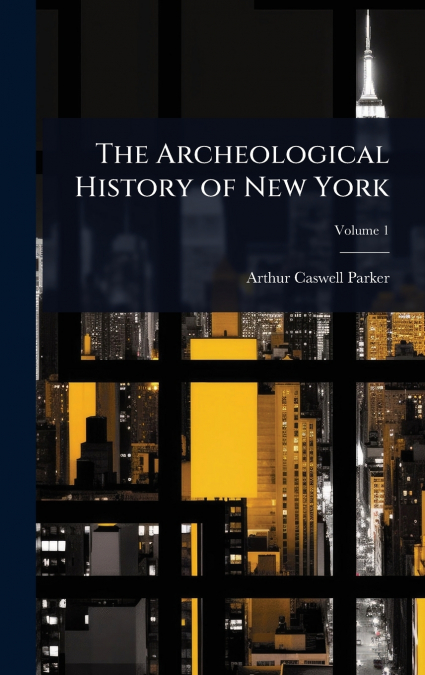
Arthur Caswell Parker
'The Archeological History of New York, Volume 1' by Arthur Caswell Parker offers a detailed exploration into the rich and complex pre-colonial and early colonial past of New York State. Parker, a renowned archaeologist and ethnologist, meticulously documents the various Native American cultures that thrived in the region, examining their settlements, artifacts, and customs. This volume serves as an invaluable resource for understanding the original inhabitants of New York and their interactions with the environment and each other. Through careful analysis of archaeological findings, Parker reconstructs a vibrant picture of life before European contact and traces the transformations that occurred as a result of colonization. This seminal work is essential for anyone interested in the history of New York, Native American studies, or the broader field of archaeology. Its enduring value lies in its comprehensive scope and scholarly rigor, making it a cornerstone of historical research.This work has been selected by scholars as being culturally important, and is part of the knowledge base of civilization as we know it. This work was reproduced from the original artifact, and remains as true to the original work as possible. Therefore, you will see the original copyright references, library stamps (as most of these works have been housed in our most important libraries around the world), and other notations in the work.This work is in the public domain in the United States of America, and possibly other nations. Within the United States, you may freely copy and distribute this work, as no entity (individual or corporate) has a copyright on the body of the work.As a reproduction of a historical artifact, this work may contain missing or blurred pages, poor pictures, errant marks, etc. Scholars believe, and we concur, that this work is important enough to be preserved, reproduced, and made generally available to the public. We appreciate your support of the preservation process, and thank you for being an important part of keeping this knowledge alive and relevant.